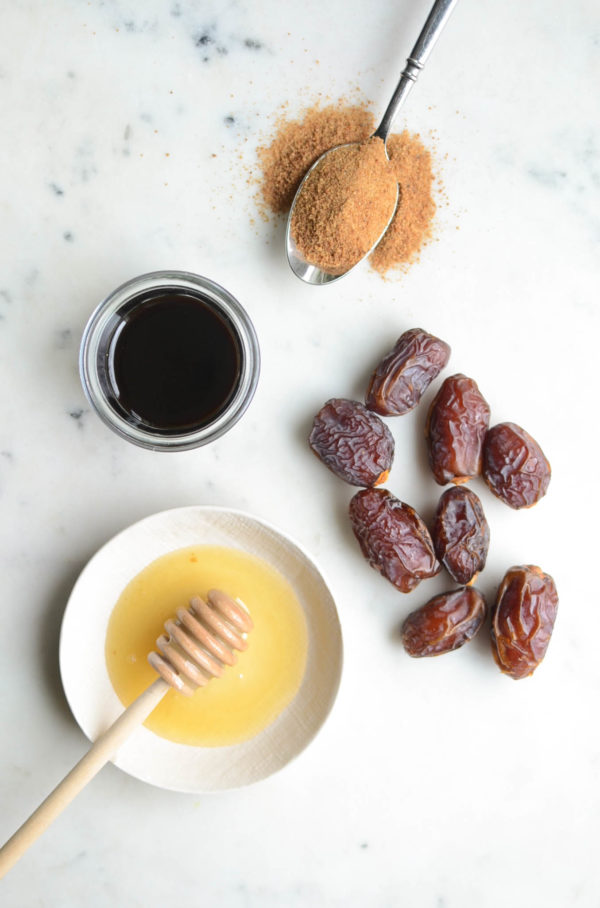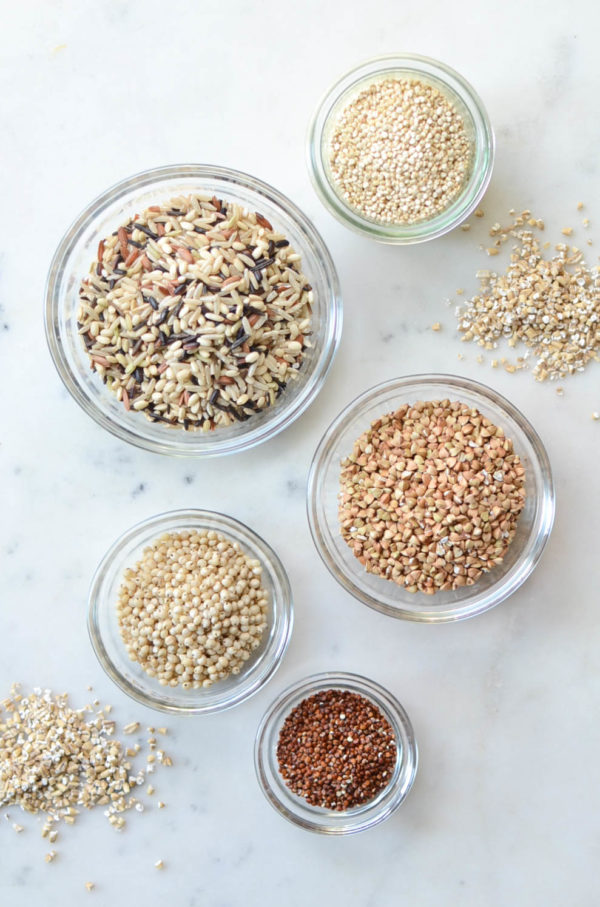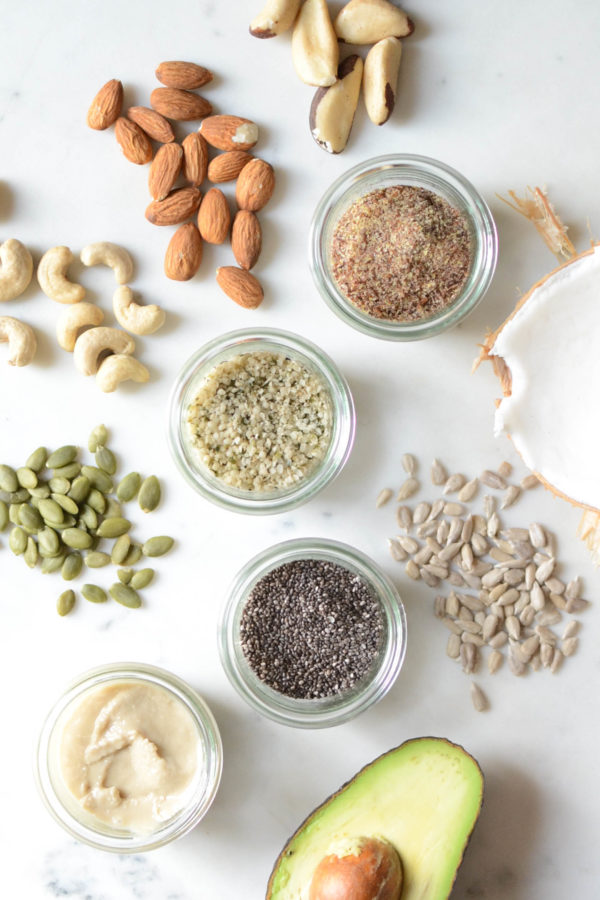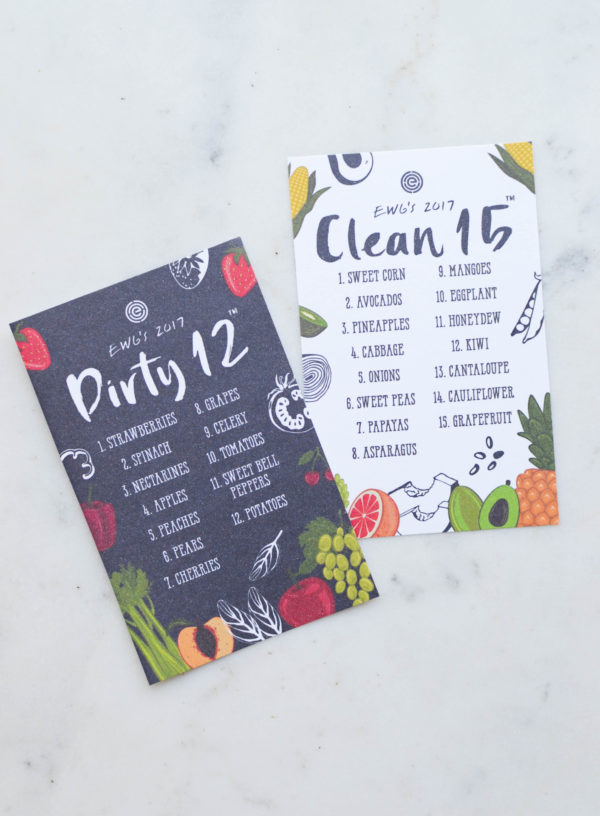-
 joyfalzone
joyfalzoneiron for baby
No CommentsRead moreDid you know babies run out of the iron stores they accumulated during pregnancy right around 4-6 months, which lines up perfectly with the time they begin to eat some solid food! Some of you may know, that heme iron, the type predominantly from blood and muscle tissue, is more absorbable than plant non-heme iron. Naturally we think that’s a good thing, but that’s not actually the case. I learned from cardiologist Dr. Kim Williams of Rush University that heme iron actually plays a big role in the formation of arterial plaque and causes inflammation. We also know from autopsies of children who have died from accidents that atherosclerosis (arterial plaque) begins by the age of TEN and has even been found in THREE year olds!
00 -
 joyfalzone
joyfalzonewhat’s the best sweetener?
4 CommentsRead moreDiving into another misunderstood topic today… SUGAR! Thank you for everyone who sent your feedback on this topic on my Insta stories last week! Some of my followers have been asking about this for a long time and the most asked question, “what is the best sweetener to use?”. Cane sugar, maple syrup, honey, agave, brown rice syrup, coconut nectar, coconut sugar, date sugar? The list could go on forever. But the truth is, when it comes to added sugar, sugar is sugar. All “added” sugar contains 4 calories per gram. Replacing your cane sugar with coconut sugar isn’t going to magically make you a healthy skinny person. There is also no use bragging on the health benefits of any of these sugars either, because they are empty calories. I recently saw a very popular influencer on Instagram posting about how she just loves to give her son these little Manuka honey packets to keep him healthy. I mean come on, there are a lot more nutrients in a carrot that a honey pack. Just because honey may have trace minerals, they are TRACE, and it is still SUGAR.
-
 joyfalzone
joyfalzone“gluten-free” is not synonymous with “healthy”
2 CommentsRead moreOne of my biggest pet peeves when it comes to gluten-free diets is that the majority of people have no idea why they are eating that way or even what it means. Did you know only about 3% of the world population has celiac disease (an autoimmune disorder that can occur in genetically predisposed people where the ingestion of gluten leads to damage in the small intestine) and maybe another 3% have gluten intolerance? If you suspect you have celiac disease, most definitely get tested for it. If you are one of those people eating gluten-free because your sister’s cousin’s friend told you so, then you better read on!
-
 joyfalzone
joyfalzonemy beef with paleo
No CommentsRead moreYes, I went there! Uber popular fad Paleo diet as well as Whole30 have been going strong for years now. Those of you who have been following me for awhile may remember my post last year where I discussed reasons I do not promote the Paleo diet or Whole30. Today I am discussing this topic again and more in depth. I’m breaking it down into five categories to make it a little easier to understand for the average reader and dieter. In writing this, I am going to assume most of the readers are well versed in the Paleo and Whole30 (a stricter version of Paleo) protocols in effort to make an already long post shorter. These same five points also apply to the popular and incredibly dangerous Ketogenic diet.
-
 joyfalzone
joyfalzoneall fat is not created equal
No CommentsRead moreWe need three types of macronutrients to live – carbohydrates, protein and fat. However not all fat is created equal. I think most of us know that saturated fat from meat (red meat, white meat, dairy, eggs and fish) creates plaque in our bodies and increases risk of heart disease and stroke and that trans-fats (partially hydrogenated oils) are even worse still. But what is considered healthy fat? It’s best to stick with whole food forms of fat, and limit oil consumption. Although I do use small amounts of olive and coconut oil for dressings, cooking and baking, it is not what I would consider a health food. Comparatively, it is high in calories and low in nutrients and for the majority of our food, we should stick with foods low in calories and high in nutrients. Dr. Fuhrman, who I received my Certificate in Nutritarian Studies from, says H=N/C (health = nutrients/calories), in other words, the more nutrients per calorie, the better for our health. Below are the fats that give you the best bang for your calorie buck.
-
 joyfalzone
joyfalzonewhy buy organic?
No CommentsRead moreWhy buy organic? What’s the point? Is it just a fad? Why pay extra? These might be some questions that have gone through your head when you hear the word “organic”. In a perfect world, we wouldn’t even need the word “organic” because everything just would be. Farms would work with nature instead of against it, creating symbiotic relationships between different types of animals and crops and the land. Unfortunately, the majority of farming in the United States is a monoculture, only producing a single crop or type of livestock and by doing so destroying the land and environment. So let’s dive into what this means in terms of our food and health.
food philosophy
hello wholefoods > food philosophy
